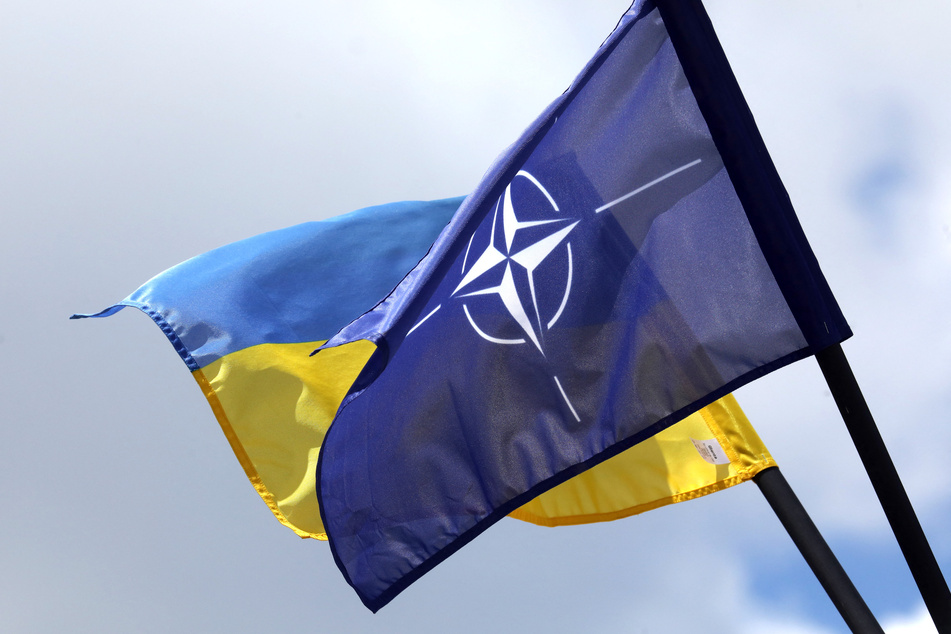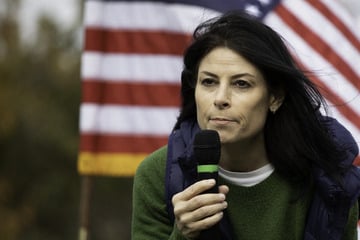NATO allies fail to agree on crucial detail of Ukraine military aid pledge
Brussels, Belgium - NATO Secretary General Jens Stoltenberg failed to get allies to commit to a multi-year financial pledge to support Ukraine.

According to information obtained by dpa on Wednesday ahead of a NATO leaders' summit in Washington, allies would only commit to support for Ukraine worth $43 billion within the next year.
The multi-year financial pledge was part of the secretary general's attempt to shore up the alliance's support for Ukraine in the event that the Donald Trump, notoriously hostile to NATO, returns to the US presidency in January 2025.
At a meeting of NATO defense ministers in June, Stoltenberg called on allies to agree a plan to maintain for the long term their current level of support to Ukraine, which he put at €40 billion per year.
The burden would be divided up according to NATO countries' GDP, with the US contributing 50%, Stoltenberg said.
The €40 billion sum nearly corresponds to the annual support provided to Ukraine by NATO allies since the beginning of the Russian invasion.
Allies however did not reach an agreement on sharing the financial costs of supporting Ukraine, with NATO members vaguely saying that the GDP of a country's economy should play a role.
NATO moves to reduce dependence on US
The failed move to get the alliance's financial support for Ukraine on a firmer basis is part of NATO's wider project to shift coordinating military aid for Ukraine away from the US.
So far, NATO allies have endorsed a plan for the alliance to coordinate military aid to Ukraine.
Previously, NATO countries have been coordinating support to Ukraine through an informal, US-led group called the Ukraine Defense Contact Group.
The new plan would shift that responsibility to a formal mission under the alliance called NATO Security Assistance and Training for Ukraine (NSATU).
NSATU would see NATO oversee training of the Ukrainian armed forces and officially coordinate military aid to Ukraine for the first time.
Cover photo: PETRAS MALUKAS / AFP
